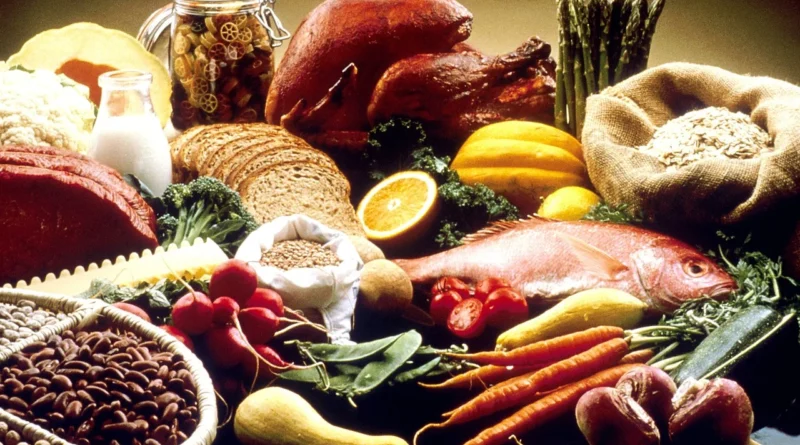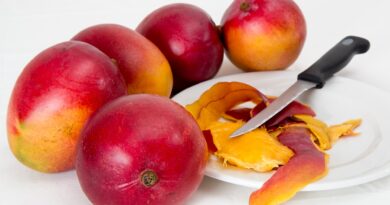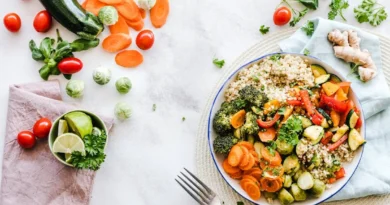Eat Your Way to Better Health: 8 Foods to Add to Your Daily Diet
Eating a balanced and nutritious diet is essential for good health and well-being. Incorporating the right foods into your daily diet can help you maintain a healthy weight, reduce the risk of chronic diseases, and improve your overall quality of life. This article will discuss the top eight foods you should eat daily.
1. Leafy Greens
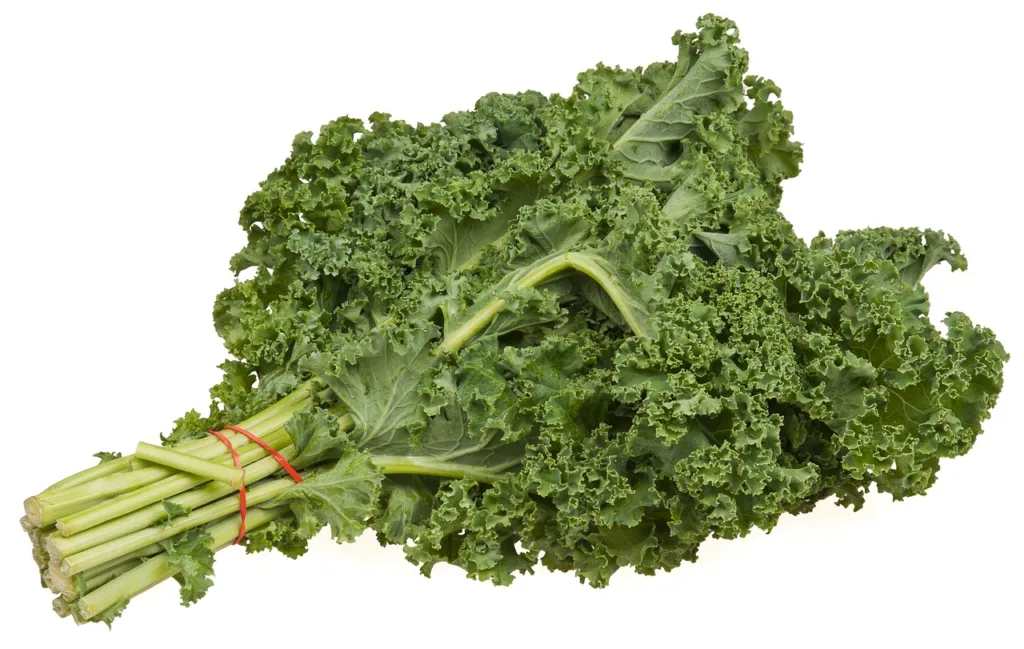
Leafy greens, such as spinach, kale, and Swiss chard, are packed with essential vitamins and minerals, including vitamins A, C, and K, and iron, calcium, and fiber. They are also low in calories, making them an excellent choice for weight management. Try adding a handful of leafy greens to your morning smoothie, or sauté them as a side dish for lunch or dinner.
2. Berries
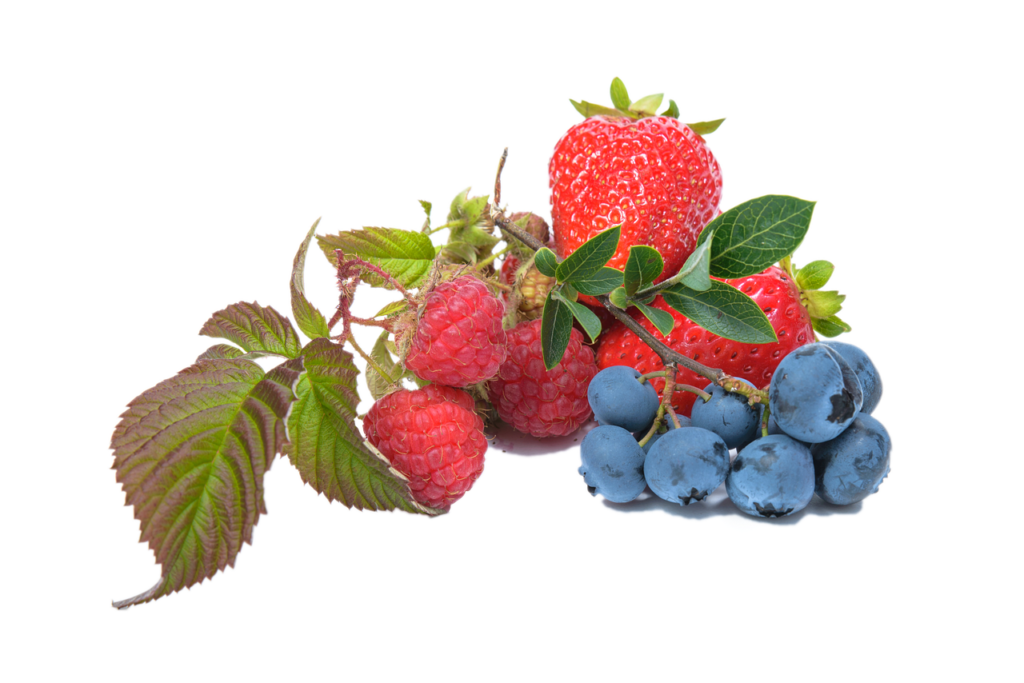
Berries, such as blueberries, strawberries, and raspberries, are a rich source of antioxidants, which help protect your cells from damage caused by free radicals. They are also low in calories and high in fiber, making them an excellent choice for weight management. Try adding a cup of mixed berries to your morning oatmeal or yogurt.
3. Nuts and Seeds
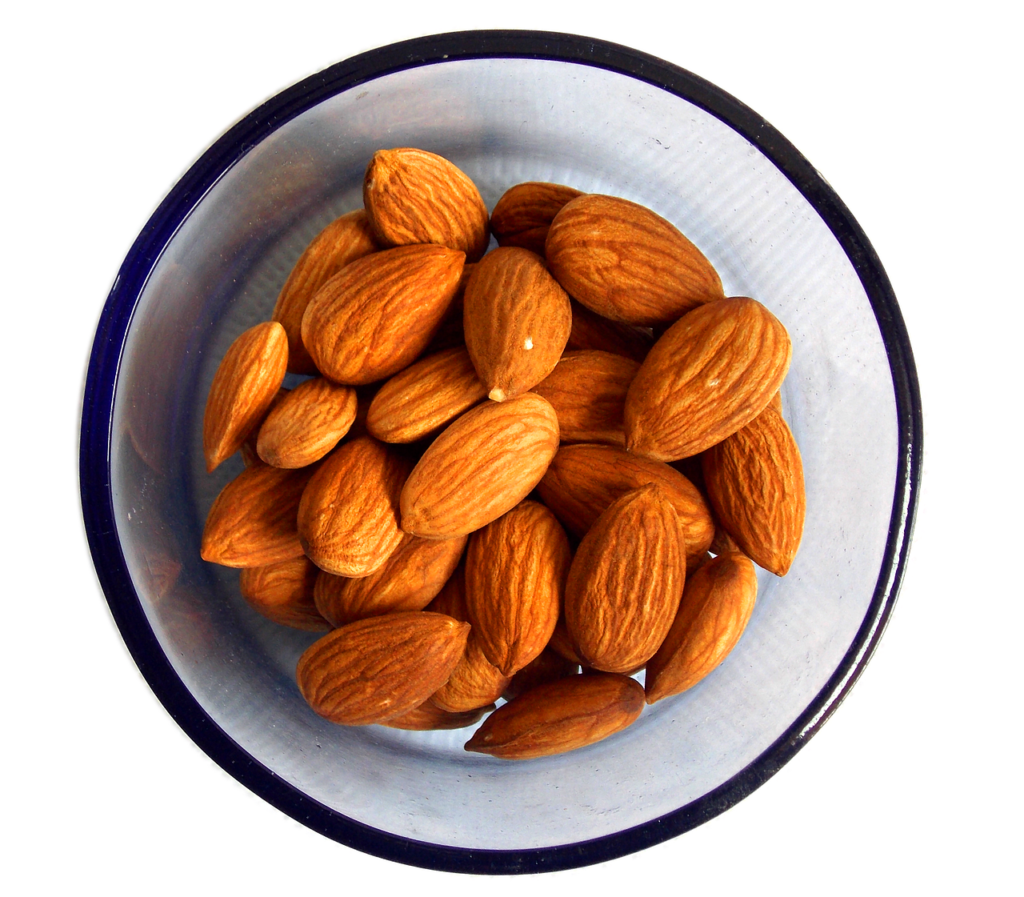
Nuts and seeds, such as almonds, walnuts, chia seeds, and flaxseeds, are rich sources of healthy fats, protein, and fiber. They can also help reduce the risk of heart disease and improve brain function. Try adding a handful of nuts or seeds to your salad or smoothie for an extra boost of nutrition.
4. Whole Grains
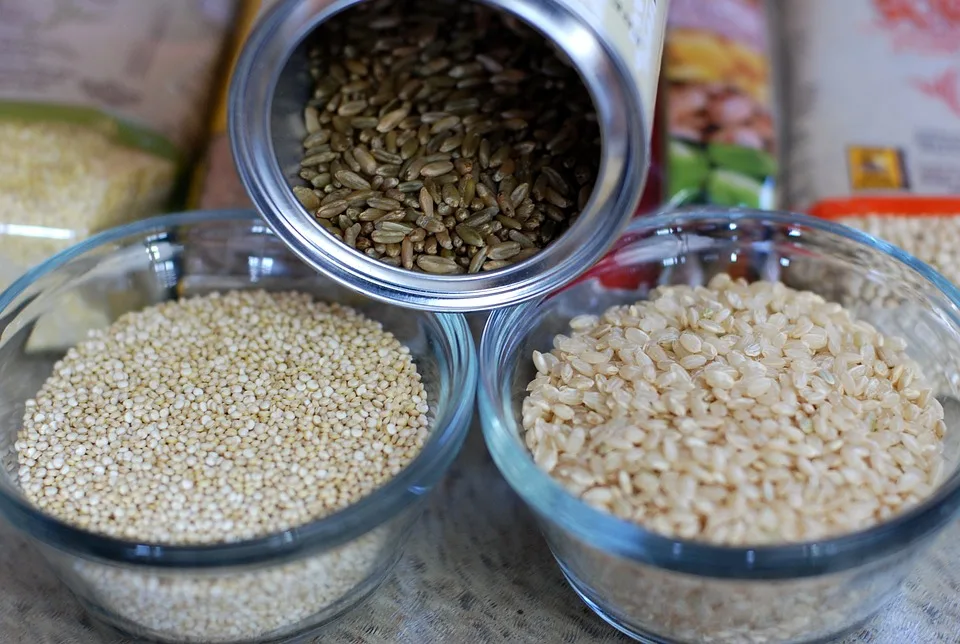
Whole grains, such as brown rice, quinoa, and whole-wheat bread, are a rich source of complex carbohydrates, fiber, and essential vitamins and minerals. They can also help reduce the risk of heart disease and type 2 diabetes. Try swapping out white rice or pasta for brown rice or quinoa, or choose whole-wheat bread over white bread.
5. Lean Protein

Lean protein, such as chicken, fish, tofu, and legumes, is essential for building and repairing muscle tissue, as well as supporting healthy immune function. Choose lean sources of protein, such as skinless chicken breast, salmon, or lentils, and aim for at least one serving of protein at each meal.
6. Fermented Foods
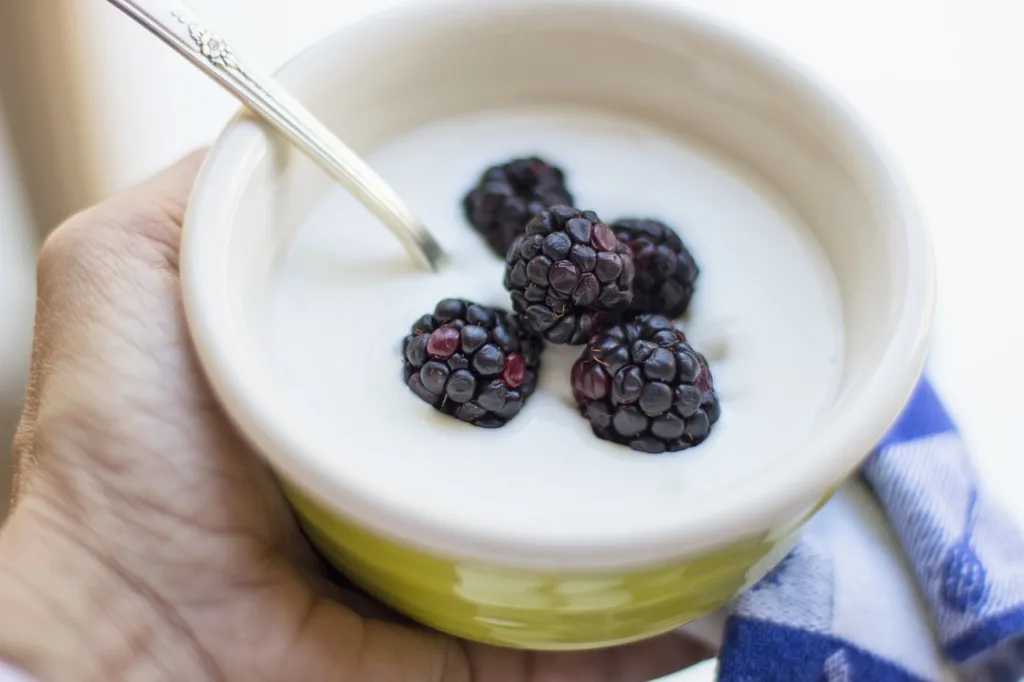
Fermented foods, such as yogurt, kefir, sauerkraut, and kimchi, are rich in probiotics, which help promote healthy gut bacteria and support immune function. Try adding fermented foods to your daily diet, such as a cup of yogurt or a spoonful of sauerkraut.
7. Colorful Vegetables
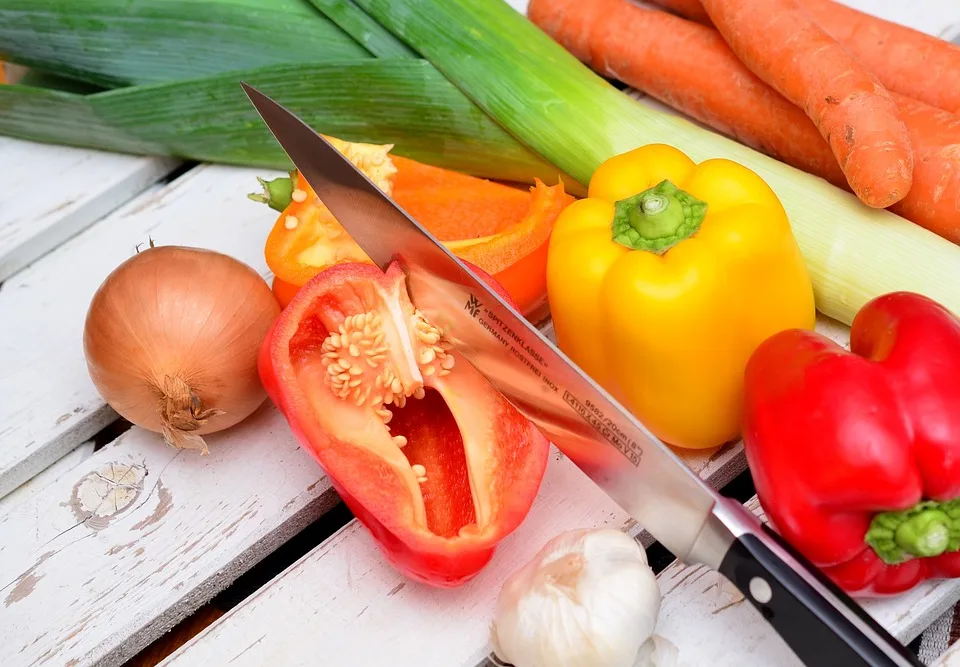
Colorful vegetables, such as bell peppers, carrots, and sweet potatoes, are rich in vitamins and minerals, including vitamins A and C, and fiber. They can also help reduce the risk of chronic diseases, such as heart disease and cancer. Try roasting a mix of colorful vegetables for a tasty and nutritious side dish.
8. Water

Water is essential for maintaining good health and hydration. It helps regulate body temperature, lubricate joints, and transport nutrients throughout the body. Aim for at least eight cups of water daily, and consider adding a slice of lemon or cucumber for flavor.
Conclusion
Eating a balanced and nutritious diet is essential for good health and well-being. By incorporating these eight foods into your daily diet, you can improve your overall health and reduce the risk of chronic diseases. Remember to focus on a variety of foods from each food group, and aim for balance and moderation in your overall diet.
FAQs
What are some easy ways to incorporate leafy greens into my daily diet?
A: You can add a handful of spinach or kale to your morning smoothie, or sauté them as a side dish for lunch or dinner.
What are the health benefits of nuts and seeds?
A: Nuts and seeds are a rich source of healthy fats, protein, and fiber, and can help reduce the risk of heart disease and improve brain function.
Can I still eat meat and poultry as part of a healthy diet?
A: Yes, lean protein, such as chicken and fish, is essential for building and repairing muscle tissue and supporting healthy immune function.
What are some examples of fermented foods?
A: Examples of fermented foods include yogurt, kefir, sauerkraut, and kimchi.
How much water should I be drinking each day?
A: Aim for at least eight cups of water daily, and consider adding a slice of lemon or cucumber for flavor.
Sources
- Harvard School of Public Health. (2019). The Nutrition Source: Vegetables and Fruits. Retrieved from https://www.hsph.harvard.edu/nutritionsource/what-should-you-eat/vegetables-and-fruits/
- Centers for Disease Control and Prevention. (2022). Nutrient-rich Foods. Retrieved from https://www.cdc.gov/nutrition/food-and-nutrition-strategies-for-good-health/nutrient-rich-foods.html
- Harvard Health Publishing. (2021). Nuts and your heart: Eating nuts for heart health. Retrieved from https://www.health.harvard.edu/heart-health/nuts-and-your-heart-eating-nuts-for-heart-health
- American Heart Association. (2021). Fish and Omega-3 Fatty Acids. Retrieved from https://www.heart.org/en/healthy-living/healthy-eating/eat-smart/fats/fish-and-omega-3-fatty-acids
- Harvard Health Publishing. (2019). Fermented foods: A new twist on probiotics. Retrieved from https://www.health.harvard.edu/blog/fermented-foods-new-twist-on-probiotics-2018051613841
- Mayo Clinic. (2021). Water: How much should you drink every day? Retrieved from https://www.mayoclinic.org/healthy-lifestyle/nutrition-and-healthy-eating/in-depth/water/art-20044256
J.D. Wilson is an Integrative Health Specialist, Certified Meditation Teacher, and author of The Comfort Trap: The Quiet Cost of an Unchallenged Life. He founded Fitsnip.com to translate complex research into practical systems for longevity and mental clarity.
About: https://fitsnip.com/about

